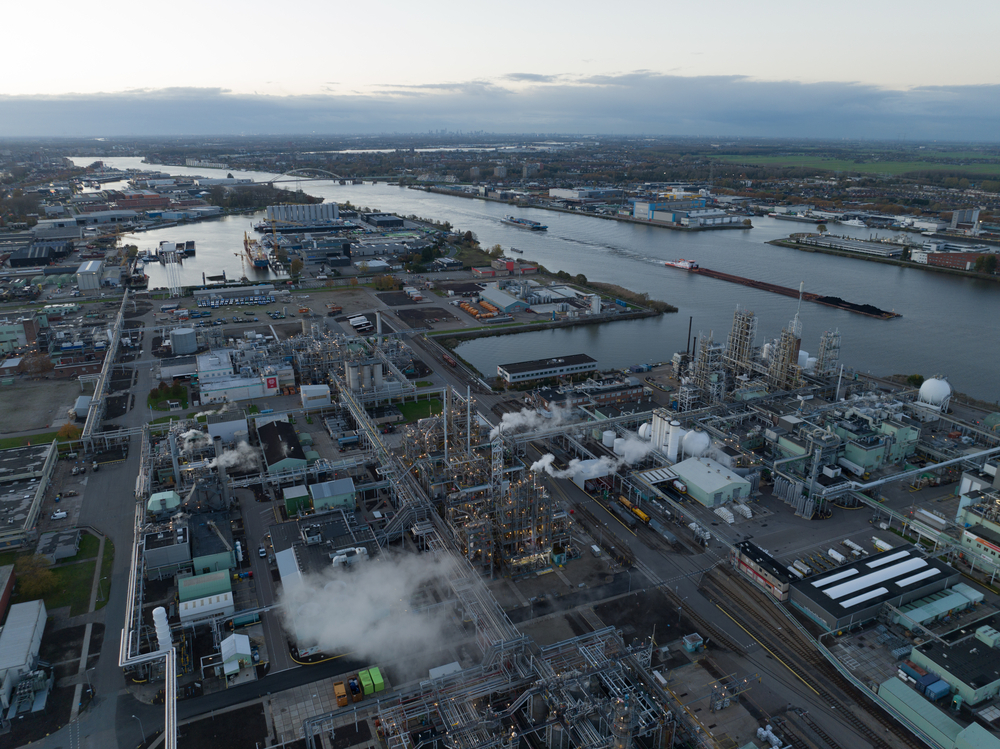Price tag to clean up PFAS pollution will run into billions

Cleaning up PFAS pollution in the Netherlands is set to cost billions of euros, given the “forever chemicals” could be present in up to 1,000 locations, the Financieele Dagblad reported on Tuesday.
The estimates, based on research by the newspaper and investigative journalism team Investico, highlight the scale of the task facing national and local governments in tackling the PFAS problem.
PFAS is a collective term for approximately 4,000 chemicals that do not degrade in the environment. For instance, PFAS are used in non-stick pan coatings and to make waterproof clothing.
The first 28 clean-up projects have a price tag of almost €70 million, including an old factory site in Enschede and the former Soesterberg army base, which alone is set to cost €22 million. Much of the cost will fall to the government as the companies responsible either no longer exist or have gone bankrupt.
Some experts have questioned the cost of the clean-up work, arguing that PFAS are not the only polluting chemicals that have seeped into the soil.
“In many places, the level of pollution is just above the permitted limit,” John van Tol, an expert with civil engineering bureau Tauw, told the paper. “Cleaning up in such cases is extremely expensive.”
New residential developments are being delayed, the clean-up process consumes significant energy, and lightly polluted soil is ending up in landfill, he said.
Arne Alphenaar, an advisor at the Expertisecentrum PFAS, told the FD that aiming for zero risk from PFAS is unrealistic. “We have to let go of that idea because they are everywhere, and the cost is too great,” he said.
Investico’s research, conducted in collaboration with Le Monde, stated that the total cost to Europe of cleaning up PFAS could be as high as €2,000 billion if companies continue to produce and emit the chemicals.
“Despite clear evidence of their harm, PFAS use and pollution continue to escalate, paving the way for a massive future crisis,” said Dorota Napierska of Zero Waste Europe in response to the findings.
“PFAS pollution is not just a public health crisis but a stark example of industrial lobbying and systemic inaction. While industries spend millions lobbying to protect profits, the public shoulders the far greater cost—paying billions for clean-up efforts and skyrocketing healthcare expenses.”
Dutch situation
PFAS pollution is a growing problem in the Netherlands. In July, government officials issued stronger warnings against allowing children to play in sea foam at the beach, as it may contain high concentrations of PFAS.
High levels of PFAS chemicals have also been detected in eggs from hens kept as a hobby across the country.
In 2023, the RIVM advised hobby fishers to sharply reduce their consumption of fish, shrimp, oysters, and mussels caught in the Westerschelde estuary due to chemical pollution.
New controls
At the end of last year, junior environment minister Chris Jansen told MPs that all types of PFAS are to be included on the official Dutch list of “substances of very high concern.” This means all companies using them must minimise their use and prevent emissions entirely.
If emissions cannot be eliminated, firms are required to draft a plan to reduce emissions every five years, Jansen said. The priority action list includes all chemicals posing a threat to human health and the environment. PFAS are known to cause cancer and impact fertility.
The EU plans to phase out PFAS use in many industries, although their inclusion in pesticides remains exempt, as these fall under separate EU regulations.
Thank you for donating to DutchNews.nl.
We could not provide the Dutch News service, and keep it free of charge, without the generous support of our readers. Your donations allow us to report on issues you tell us matter, and provide you with a summary of the most important Dutch news each day.
Make a donation